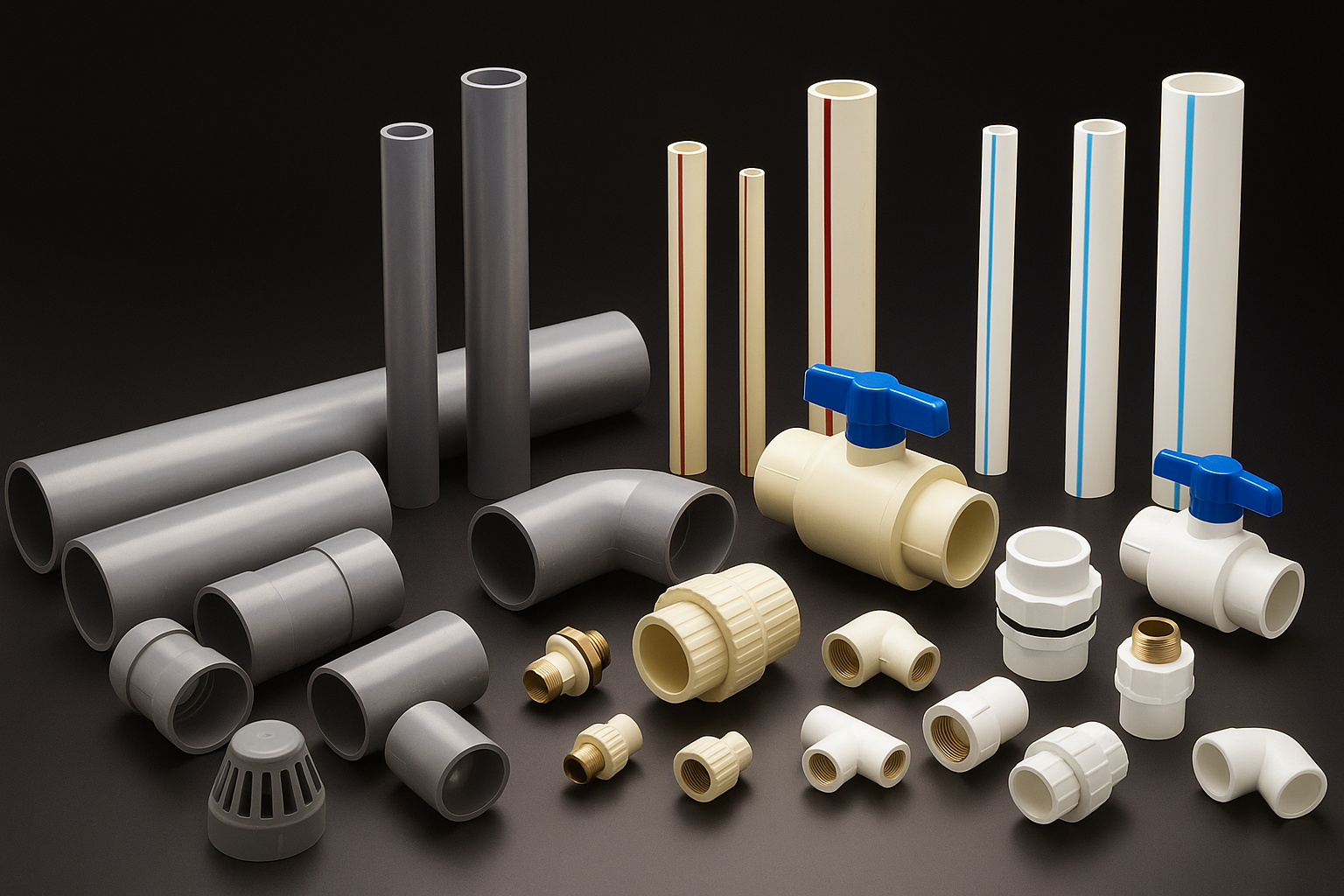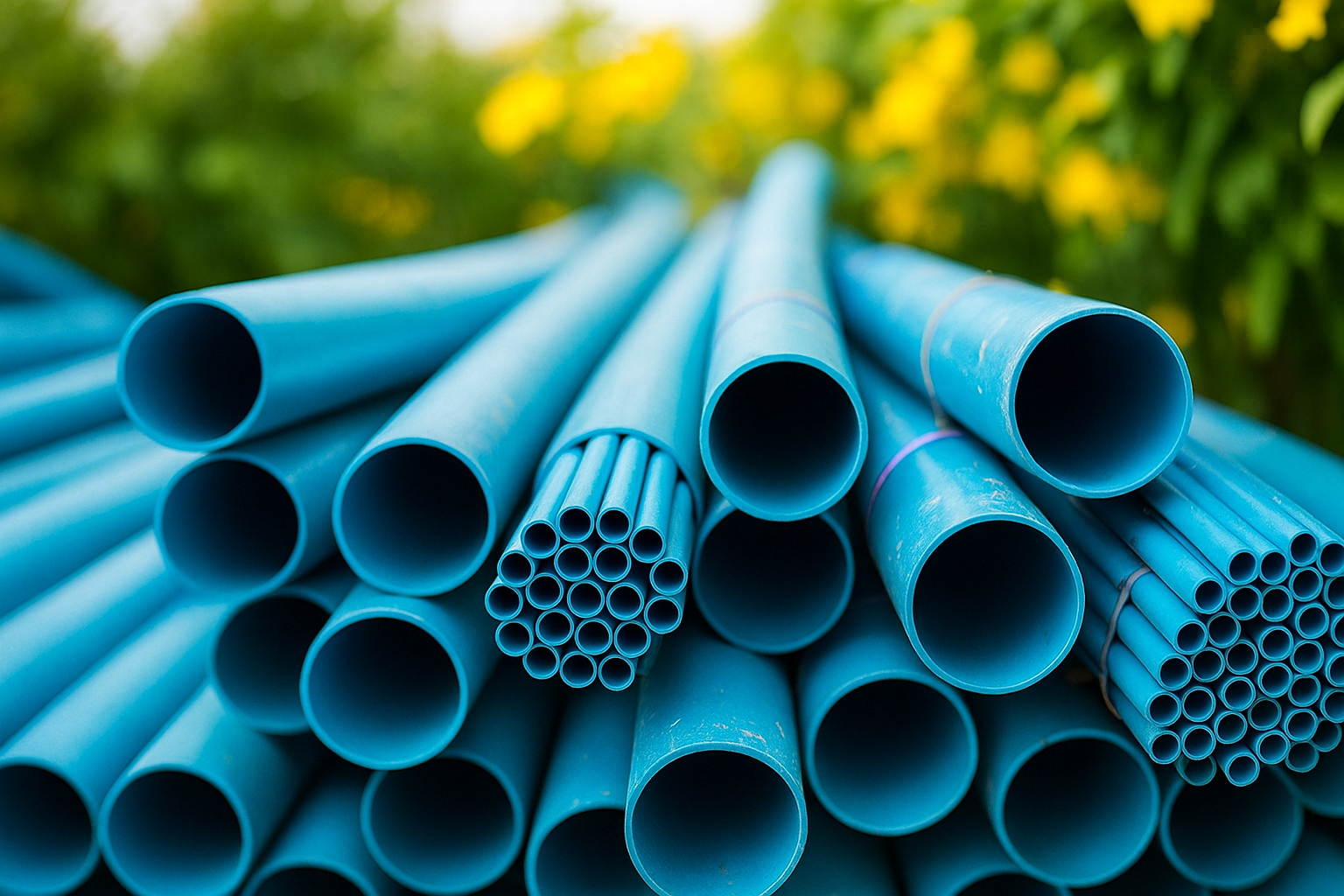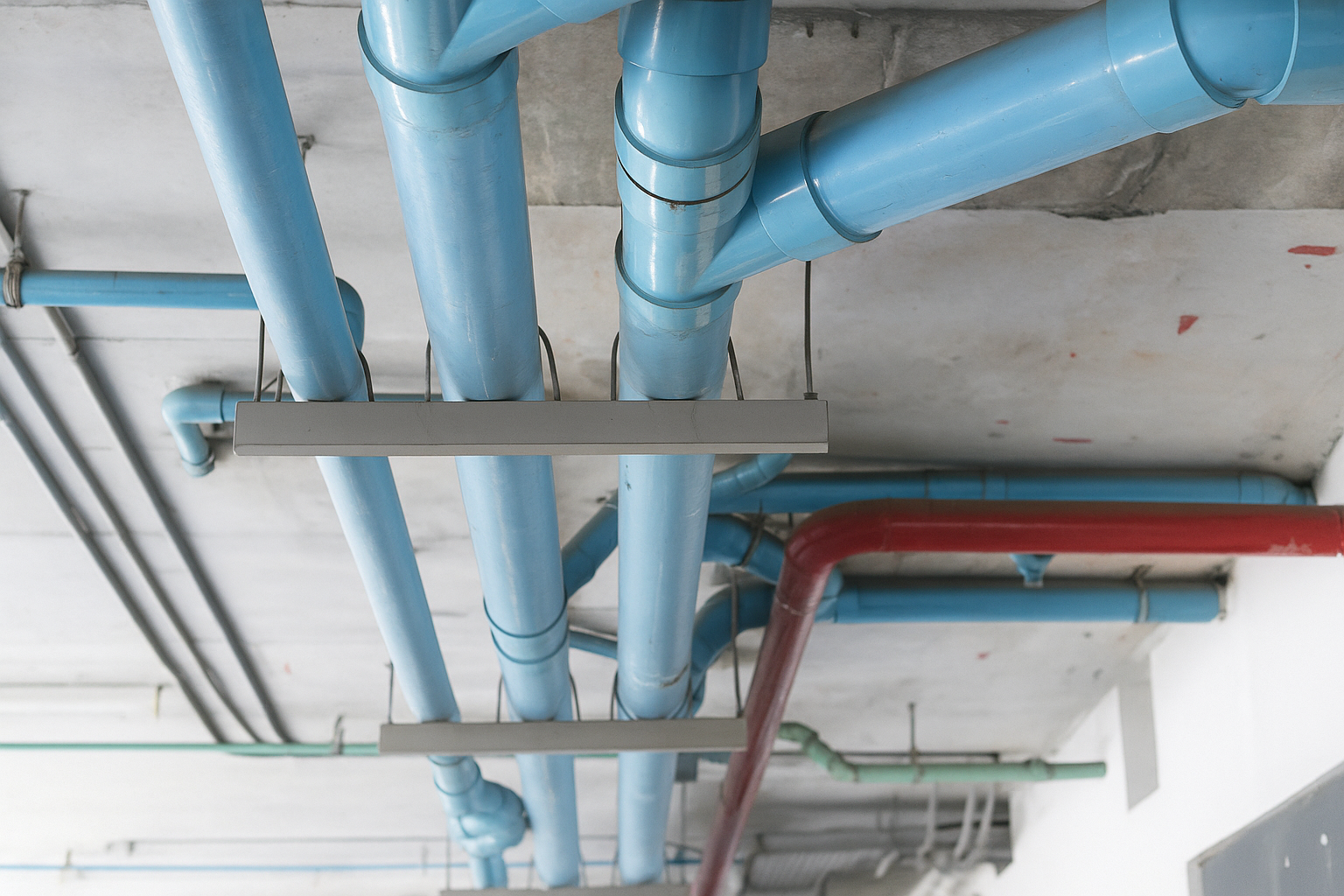
What Is PVC Machining?
PVC machining means using either CNC or manual tools to cut, mill, drill, and shape polyvinyl chloride plastic. Industries that want materials with low weight, no corrosion, and insulating qualities widely depend on plastics. During this process, you should use sharp tools and follow the right feed rates to stop the parts from melting, becoming misshapen, or ending up with rough surfaces. Many designers pick Rigid PVC as it is strong and keeps its shape when being made into products.




